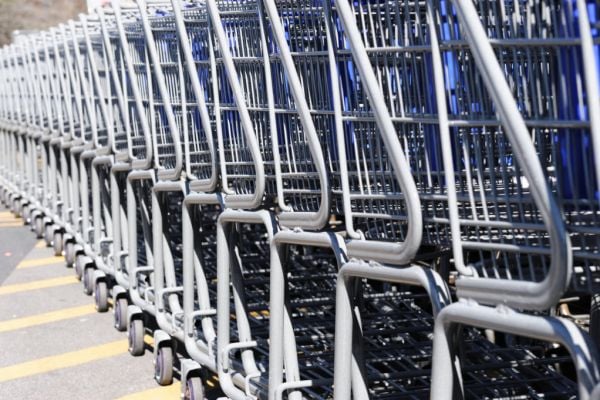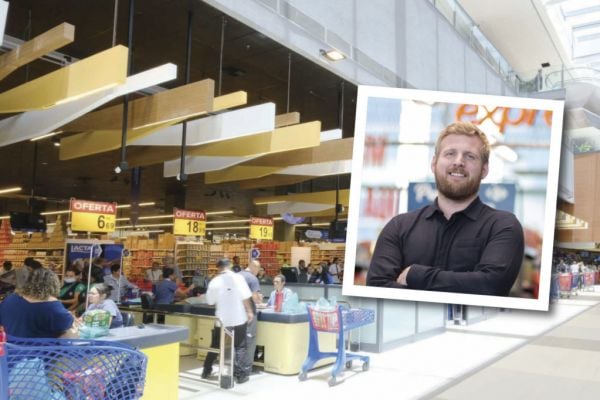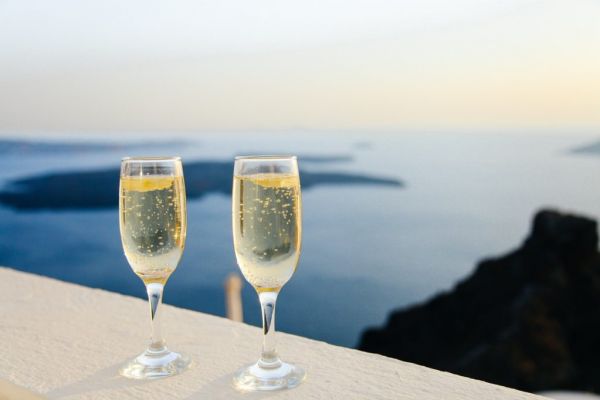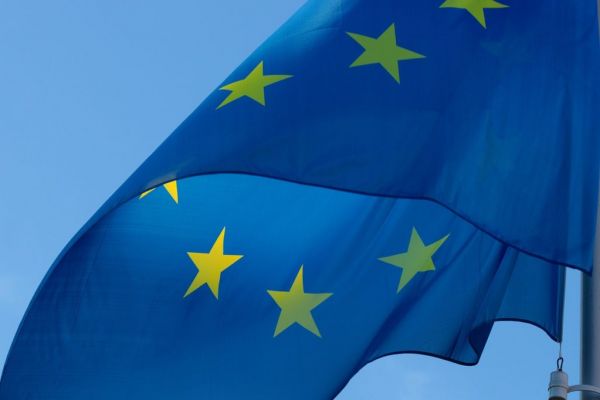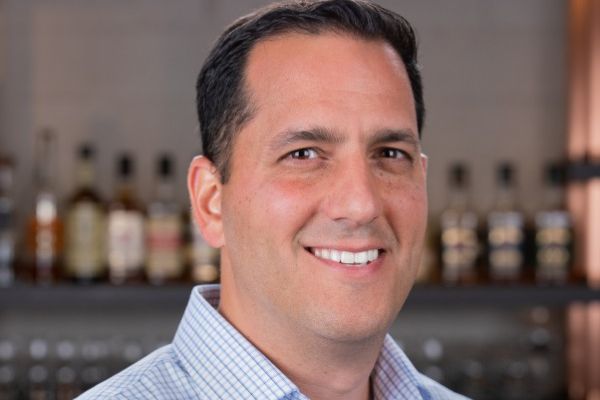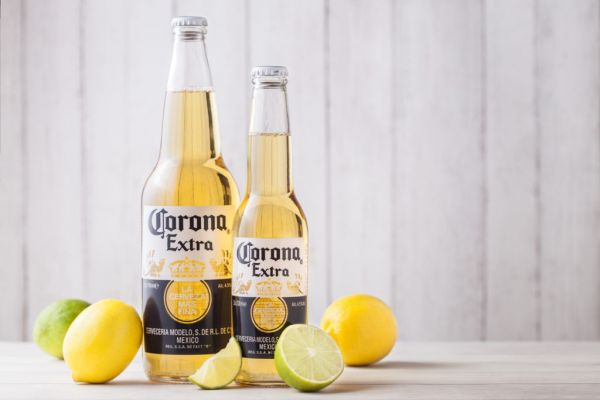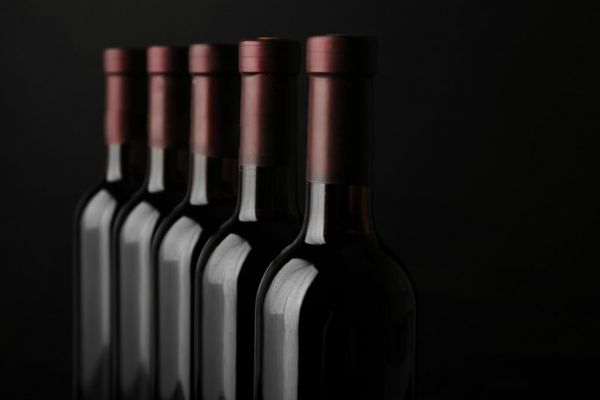Paulaner Brauerei GmbH, the Munich brewery started by monks in 1634, is basking in Germany’s World Cup success, as fans cheering the national team’s progression to the 13-July final drive beer sales to a record.
Revenue in June trumped sales generated in the same month in 2006, when Germany hosted the World Cup, chief executive officer Roland Tobias said in a recent Bloomberg Television interview. Paulaner sold 9 per cent more beer in June, compared with eight years ago, the company said, declining to provide exact volumes.
“So far, the summer is really, really good for our business, and we expect it to continue,” Tobias told Bloomberg Television’s Guy Johnson. “If Germany wins, there will be an unbelievable party.”
Germany, which has won soccer’s biggest competition three times, trounced the host nation, Brazil, 7-1 in the semi-final in Belo Horizonte to secure a chance at lifting its first World Cup trophy since 1990. The rout ended a run of 63 competitive matches at home without a defeat for Brazil, going back to 1975. The victory “almost earns the designation 'historic'”, Chancellor Angela Merkel told reporters in Berlin.
The five-hour time difference between Rio de Janeiro and Munich means that all the games are broadcast in the evening in Germany, which has helped increase sales, Tobias said.
“People go out because they want to have fun and have a party, even those who aren’t football fans,” he said. “That’s easier when the game’s in the evening.”
Record Tweets
Last night’s match was the most-discussed single sports game on Twitter Inc.’s social network, with 35.6 million tweets during the 90-minute game, according to the San Francisco-based company. German midfielder Sami Khedira’s strike to make it 5-0 after only 29 minutes also set a record for tweets per minute, at 580,166.
The game also broke broadcasting records to become the most-viewed television event in Germany’s history, according to public broadcaster ZDF. A total of 32.6 million people tuned in for the semi-final, for a market share of 87.8 percent, ZDF said on its website.
An estimated additional 10 million people, who aren’t counted in the TV ratings, watched the game online and at public viewing events across the country.
The previous record was also spurred by coach Joachim Loew’s national team. More than 31 million people watched Germany’s 1-0 defeat against Spain in the semi-final of the 2010 World Cup in South Africa.
Bayern Munich
Paulaner is a sponsor of FC Bayern Munich, the Munich-based club that supplied seven of the players on the national side and a total of 14 athletes in the World Cup tournament. It’s one of six breweries licensed to sell their products at the annual Oktoberfest, the Munich beer festival that attracts about six million visitors every year.
Paulaner, through investor Brau Holding International, is part-owned by the Schoerghuber Corporate Group and Heineken NV. It also owns the Hacker-Pschorr, Thurn & Taxis and Auerbraeu brands. Brau Holding’s 2,300 employees generated about €588 million of revenue last year.
Brau Holding sold 5.5 million hectolitres of beer last year, 1.2 per cent more than in 2012, according to its website. Paulaner, its biggest brand, increased revenue by 1.5 per cent to a record high, it said.
German chemical companies may also see a World Cup boon, said Karl-Ludwig Kley, the president of the VCI German chemical industry group and CEO of Merck KGaA, when asked at a press conference in Frankfurt if the World Cup has any measurable effect on chemical production.
While the effect on chemical production isn’t measurable, “there is an emotional effect, which prompts people to buy more so there is benefit to retail sales”, Kley said at the briefing. The CEO pointed out that chemical ingredients are used to make clothing, soccer shoes and the official match ball, the Brazuca, produced by Adidas AG.
The polyurethane used to make the Brazuca balls is supplied by Bayer AG, which also owns Bayer 04 Leverkusen Football Club.
Bloomberg News, edited by ESM

